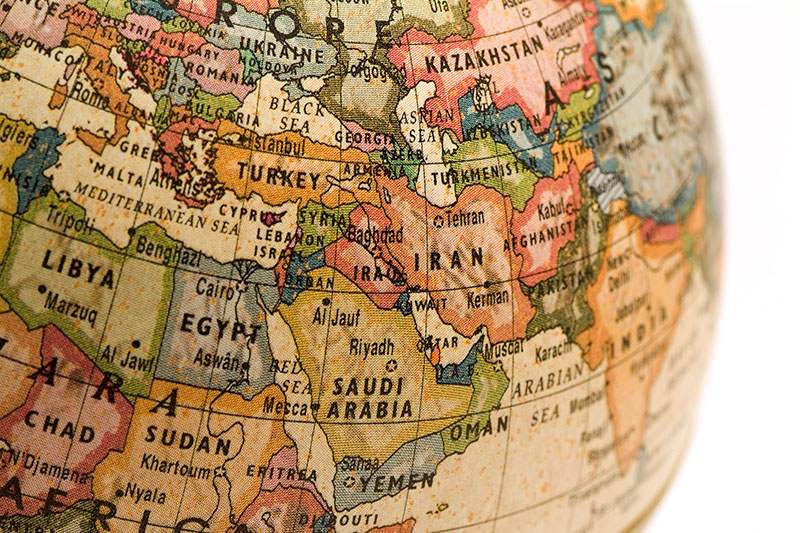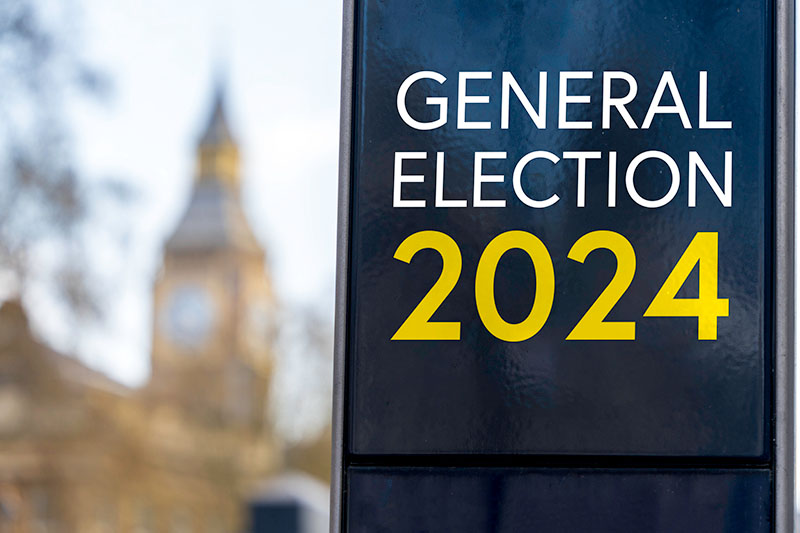
This content is for information and inspiration purposes only. It should not be taken as financial or investment advice. To receive personalised, regulated financial advice please consult us here at Elmfield Financial Planning in Padiham, Burnley, Lancashire.
Almost a year has passed since the atrocities in Israel on 7 October 2023. Now, the Middle East is escalating in conflict. No longer restricted to Gaza, hostilities are taking place across the region, including Yemen and Lebanon. With the world bracing for a potential outright war between Israel and Iran, many are asking: “What does this mean for the world?”
Below, our financial planners explain why investors should stay calm and remain true to their long-term strategy. Wars are a sad feature of our world. We all hope for a peaceful resolution soon in the Middle East. However, research shows that investors should not panic during such times. Rather, following time-honoured investment principles will be more beneficial.
We hope these insights are helpful to you. Please get in touch for more information or to discuss your own financial plan with us.
How the Middle East affects investments
The Middle East comprises a very small portion of the global stock market. Unsurprisingly, the US leads the way with $46.2T in market capitalisation (42.5% of global share). The EU comes next at $12.1T (11.1%), followed by China at $11.5T (10.6%). Japan and Hong Kong come next at $5.8T and $4.3T (5.4% and 4%, respectively). The UK only comprises 2.9% of the global stock market at $3.2T.
Countries in North Africa and the Middle East comprise a small portion of worldwide stock market capitalisation. Israel’s stock market is more tightly integrated than most of its regional peers, but only stands at $282.6bn (a fraction of the UK’s market). This partly explains why markets largely reacted so indifferently to Israel’s invasion of Lebanon in October 2024.
However, this is not to say that the region is unimportant. Iran ranks second in the world for natural gas reserves. For proven crude oil reserves, it ranks fourth. Iran is seventh in global oil production, supplying 4% of the global demand. If Israel strikes Iran’s oil fields in response to the latter’s ballistic missile attacks, this could send out a big shockwave in energy prices.
Wars and markets: what the evidence says
How do wars affect economies and stock markets around the world? It is important to remember that recent wars have not stopped US equities from steaming ahead. For instance, the US invaded Afghanistan and Iraq in the 2000s. Yet, between 2001 and 2021 (when the US withdrew from the former), the S&P 500 grew from 1,298 to 3,824.
In the short term, wars often bring varying degrees of uncertainty to markets. The result can be volatility and stock sell-offs, with investors often moving to “safer” assets like gold, bonds or “stable” currencies. However, when a war gets underway, markets usually stabilise and settle into the new global “normal” (e.g., with firms changing supply chains and customer bases).
This happened after Russia’s initial invasion of Ukraine on 24 February 2022. As international sanctions bit into the former, global wholesale energy prices skyrocketed. Since then, the world has been in the grips of a years-long energy crisis. Whilst this has been financially difficult for many households whose utility bills have gone up, stock markets did not plummet and stay down. The FTSE 100, for instance, yielded a slight negative of -0.84% in 2022 but returned 26.67% the following year. The S&P had a bad year in 2022 as investors feared a US recession. However, the index has grown significantly over the last 18 months despite ongoing fighting between Russia and Ukraine.
How to factor wars into your portfolio
The first step is to accept that wars will almost certainly happen during your investment journey. Markets may be affected by them in different ways. Other events (e.g. a pandemic) could also affect equities. You cannot predict what will happen. You can only control your own investment goals, time horizon, strategy and attitude to risk.
It helps to work with a financial adviser who can help you ascertain your unique “investor profile”, which allows you to build a customised portfolio reflecting your risk appetite. A professional can help you focus on the right questions to ask yourself, such as: “If your portfolio were to fall by 20% tomorrow (e.g. as markets panicked over a war outbreak), how would you feel and how would you react?” Your honest answer will help determine a suitable asset allocation for your portfolio, reducing the likelihood of you making impulsive decisions later.
For instance, if you know you would face a strong urge to exit the market, then you may require a more “cautious” or “balanced” investment approach. A split between equities and bonds (e.g. 50:50) would likely dampen any short-term portfolio volatility during such a scenario. However, an investor with a higher risk tolerance (and longer investment horizon) may be comfortable with a more equity-based portfolio. Despite any short-term market volatility, this investor is confident that the long-term growth trajectory of their portfolio is likely to be positive.
Invitation
If you are interested in starting a conversation about your own financial plan or investments, then we’d love to hear from you.
Please contact us to arrange a free, no-commitment consultation with a member of our team here at Elmfield Financial Planning in Padiham, Burnley, Lancashire.
Reach us via:
T: 01282 772938

